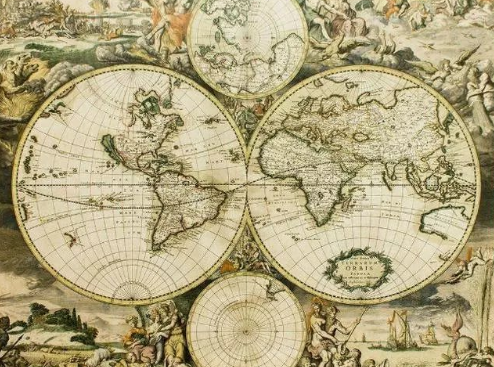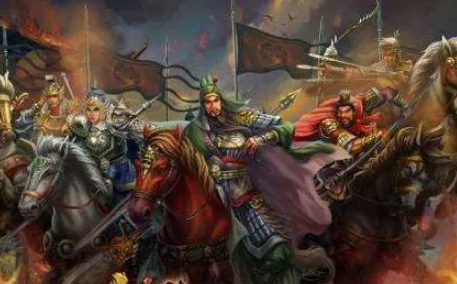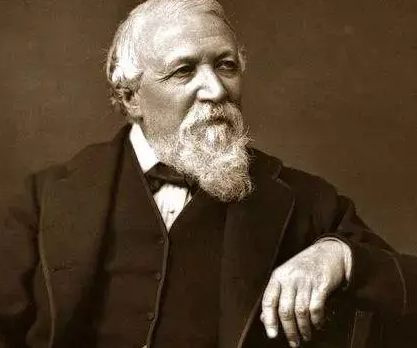Han Maoli: The Scholarship Rooted in the Land - Historical Geography. Historical geography is a discipline that explores the interrelationship between human activities and geographical environments. It studies the survival and development of humans in different geographical environments and explores the interaction between human society and the natural environment. Scholars of historical geography believe that the development of human society takes place within geographical environments, which are shaped by the combined effects of natural, economic, cultural, and other factors. Therefore, historical geography attempts to explore the changes and evolution of human society from the perspective of geographical environments.

The research scope of historical geography is extensive, covering various fields such as politics, economy, culture, and military. Among them, political geography is one of the important research contents of historical geography. Political geography studies issues such as political systems, political structures, territorial expansion, and geopolitics in different countries and regions. Through the study of political geography, scholars of historical geography can understand conflicts, cooperation, and competition between countries and regions, and explore the political systems and structures of human society in different geographical environments.
Economic geography is another important research area of historical geography. It studies the patterns and characteristics of economic development in different geographical environments. It covers various aspects such as agriculture, industry, commerce, transportation, and population. Through the study of economic geography, scholars of historical geography can understand the economic development status of humans in different geographical environments and explore resource utilization and economic development models in different regions.
Cultural geography is also one of the important research areas of historical geography. It studies issues such as cultural inheritance, cultural diffusion, and cultural integration in different regions. It covers various aspects such as language, religion, art, and architecture. Through the study of cultural geography, scholars of historical geography can understand the status of cultural inheritance and integration in different regions and explore the cultural development and diffusion of human society in different geographical environments.
Military geography is also a research content of historical geography. It studies the interrelationship between war, military activities, and geographical environments. It covers various aspects such as war strategies, strategic locations, military engineering, and military tactics. Through the study of military geography, scholars of historical geography can understand the characteristics of war and military activities in different geographical environments, explore the relationship between war and human society, and investigate the impact of war on human society.
Besides the above research areas, historical geography also includes many other research fields. For example, toponymy studies the origins and evolution of place names in different regions; population geography studies the distribution and migration of population in different regions; and environmental geography studies the impact of human activities on the natural environment in different regions. The research methods of historical geography are also diverse. Commonly used research methods include literature research, field investigation, experimental research, comparative research, and so on. Scholars of historical geography often adopt multiple research methods to explore the interaction between human activities and geographical environments.
In conclusion, historical geography is a very important discipline. It explores the interrelationship between human activities and geographical environments, covering various fields such as politics, economy, culture, and military. Through the study of historical geography, we can better understand the survival and development of human society in different geographical environments and explore the interaction between human society and the natural environment. Therefore, we should strengthen the study and research of historical geography to provide better references and guidance for the future development of human society.
Disclaimer: The above content is sourced from the internet and the copyright belongs to the original author. If there is any infringement of your original copyright, please inform us and we will delete the relevant content as soon as possible.
































